Please note: As we continue to learn more about COVID-19, the information in this article may change. You can find our most up-to-date information about coronavirus here.
Lately, the news has been filled with reports about coronavirus. Between travel advisories, warnings and outbreak updates, you may be feeling a bit overwhelmed. To help you, we’ve compiled information you need to know about coronavirus disease 2019 (COVID-19), including tips for protecting your family.
We also recommend you refer to trusted and accurate sources, such as the CDC website, to keep up with the most updated information.
What is coronavirus disease 2019 (COVID-19) ?
Coronaviruses are a large family of viruses that are common in humans and many different species of animals, including camels, cattle, cats and bats. Several coronaviruses routinely infect humans and are a cause of the common cold. Rarely, animal coronaviruses can infect people and then spread from person-to-person. This is what occurred with MERS-CoV, SARS-CoV and now with coronavirus disease 2019 (COVID-19).
Coronavirus disease 2019 symptoms
Symptoms of COVID-19 may appear in as few as 2 days or as long as 14 days after exposure. Some of the most common symptoms include:
- Fever
- Cough
- Shortness of breath
- Chills
- Repeated shaking with chills
- Muscle pain
- Headache
- Sore throat
- New loss or taste of smell
- Congestion or runny nose
- Nausea
- Diarrhea
Is my family at risk for contracting coronavirus disease 2019?
How easily a virus spreads from person-to-person can vary. Some viruses are highly contagious (spread easily), like measles, while other viruses do not spread as easily. Another factor is whether the spread is sustained.
The virus that causes COVID-19 seems to be spreading easily and sustainably in the community (“community spread”) in some affected geographic areas. Community spread means people have been infected with the virus in an area, including some who are not sure how or where they became infected.
How do I protect my family from coronavirus disease 2019?
There is currently no vaccine to prevent COVID-19. The best way to prevent illness is to avoid being exposed to COVID-19. The CDC recommends everyday preventive actions to help prevent the spread of respiratory diseases, including:
- Avoid close contact with people who are sick.
- Avoid touching your eyes, nose and mouth.
- Stay home if you are sick.
- Cover your cough or sneeze with a tissue, then throw the tissue in the trash and clean your hands.
- Clean and disinfect frequently touched objects and surfaces using a regular household cleaning spray or wipe.
- Avoid sharing personal household items such as drinking glasses/cups, silverware, dishes and towels.
- Wear a cloth face covering or mask outside your home in places where social distancing is not possible.
- Wash your hands often with soap and water for at least 20 seconds, especially after going to the bathroom; before eating; and after blowing your nose, coughing or sneezing.
- If soap and water are not readily available, use an alcohol-based hand sanitizer with at least 60% alcohol, covering all surfaces of your hands and rubbing them together until they feel dry. Always wash hands with soap and water if hands are visibly dirty.
- Follow the CDC recommendations about COVID-19 guidance for travelers.
You should also make sure that everyone in your household has gotten their flu shot, since the odds of your child getting the flu are much higher than the odds of them contracting coronavirus.
Last updated May 6, 2020.
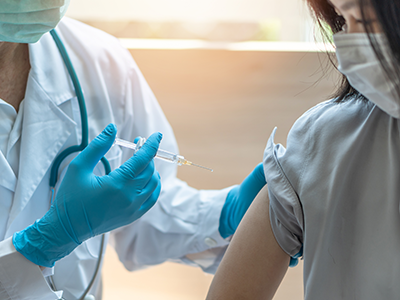 https://riseandshine.childrensnational.org/wp-content/uploads/2020/11/person-being-vaccinated-feature.png
300
400
Rise and Shine
https://riseandshine.childrensnational.org/wp-content/uploads/2017/11/childrens_riseandshine_logo.jpg
Rise and Shine2025-11-03 07:00:242025-11-03 12:18:05Answers to your questions about the COVID-19 vaccine and booster for children
https://riseandshine.childrensnational.org/wp-content/uploads/2020/11/person-being-vaccinated-feature.png
300
400
Rise and Shine
https://riseandshine.childrensnational.org/wp-content/uploads/2017/11/childrens_riseandshine_logo.jpg
Rise and Shine2025-11-03 07:00:242025-11-03 12:18:05Answers to your questions about the COVID-19 vaccine and booster for children


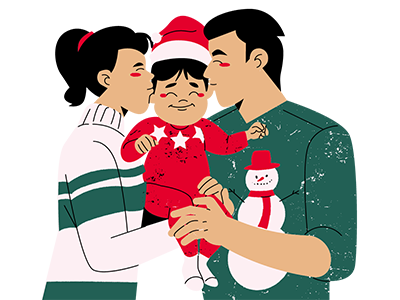
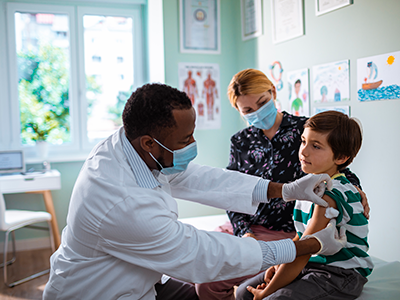
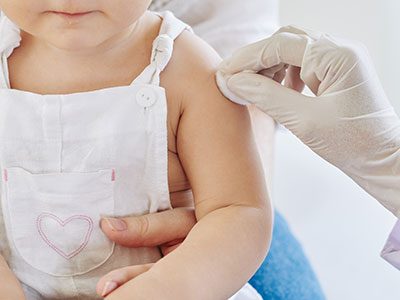
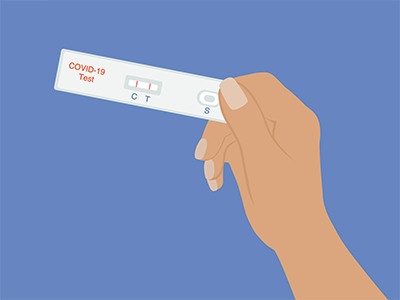
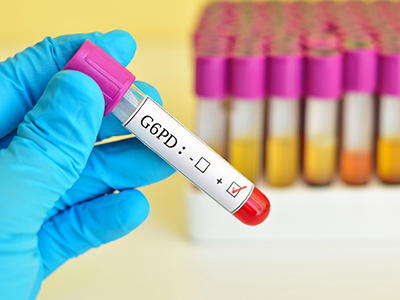

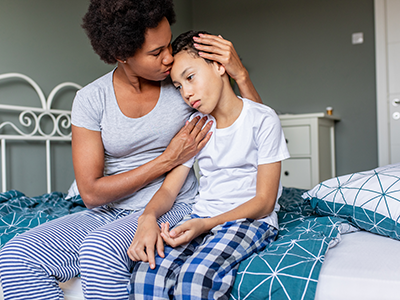
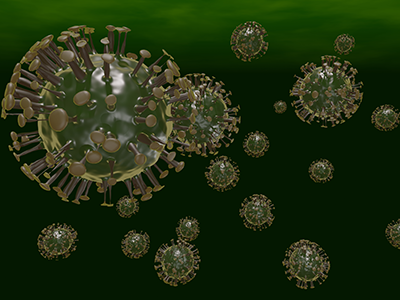

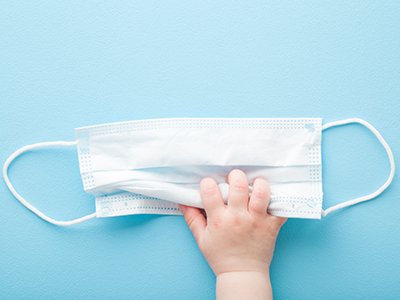
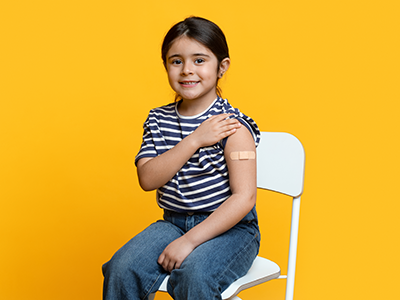
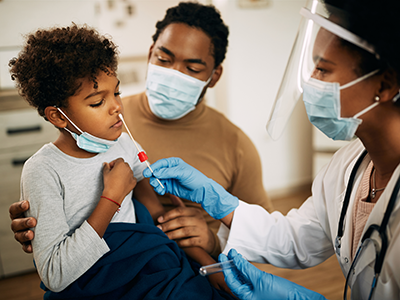
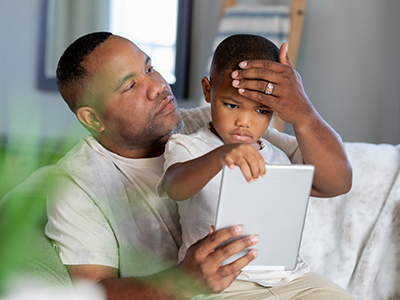
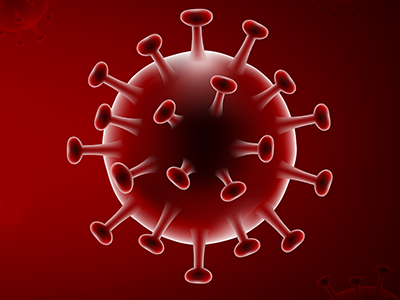
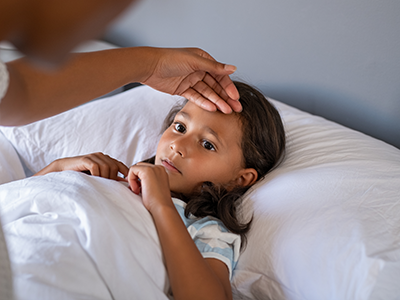

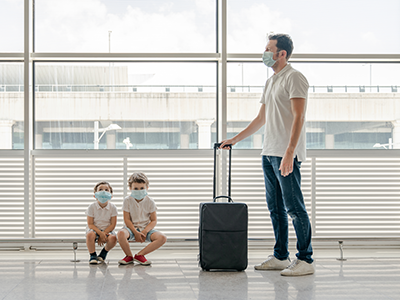
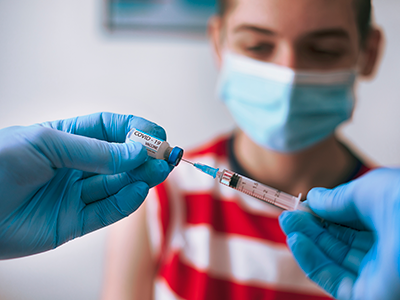
Leave a Comment
Want to join the discussion?Feel free to contribute!